Sociology, as an emerging discipline, developed within the crucible of historical studies of changing lives, transforming events and a search for alternative ways to understand history. We see this in the works of such illustrious progenitors of sociology as Tocqueville, Marx, Durkheim and Weber but it has itself been marginalised, even hidden, as social, political and historical events have unfurled and a turn to biography has displaced the historical. Furthermore, historical sociology has taken something of a battering since John H Goldthorpe decried its relevance towards the end of the last century. However, it is perhaps this railing against the historical which has lent itself to a resurgence through such key figures as Barrington Moore, Charles Tilly, Theda Skocpol and Shmuel Eisenstadt amongst others. But what of its place within contemporary undergraduate sociological education?
In an attempt to introduce today’s BU undergraduates to the important interdisciplinary fusion of the social, the biographical and the historical we have developed an innovative exploration of the histories of social welfare that students take in their second year of full time study. This involves the broad study of social and political welfare initiatives through to the Poor Law, its reform and the implementation of the Welfare State, retrenchment and contemporary attacks on welfare and those who claim benefits. So what? You may say. This is similar to most programmes of study charting welfare policy. However, two specific aspects mark out this module. The first is the assessment, reported elsewhere, which requires groups to explore the experiences of characters in specific historical periods through the construction of a narrative. This allows students to enter into the social and political worlds of individuals in need of social welfare and support.
The second innovative aspect relates to the continuing strands running through our explorations – we take Richard Lachmann’s approach to historical sociology to understand how the present, and future, is contingent on the past. Throughout the course, we examine seemingly inconsequential events leading to change, and why ‘transformative’ events, such as the introduction of the British Welfare State in 1948, occur when they do. Moreover, we embed this learning in a hands-on fieldtrip to the historic market town of Sherborne. Though a visit to the historic St Johns’ (two of them) almshouses, the architecturally stunning abbey, students are exposed to the religious beginnings of charity and alms, the turn to the Parish and the body politic in dispensing poor relief and an appreciation of the overt discrimination between deserving and undeserving. Indeed, they experience that the ‘poor are always with us’ and also they are stratified in society by those with power. As one student stated:
The trip … showed us how throughout history policies have changed, yet some have remained the same as 600 years ago. It made us appreciate and value history more. We learned how the welfare state changed with time to adjust to the environment and the social conditions (war, economic state, health condition of people etc).
The students undertaking this trip have experienced the importance of an historical sociological approach to social welfare policy and application marrying this with the contemporary focus on biography and merging analytic thought, and an appreciation of the affective. This was particularly evident in discussion of the contemporary foodbank provision which religious and lay people undertake to offset some of the hardships experienced by those requiring benefits today:
I also found it interesting how the food bank is run. I think it is so lovely that the people of Sherborne deliver the food bags to the people who cannot come to collect them. I have never heard of anywhere else that does this before and think it shows just how close a community can be and that we should all work together to help each other.
This takes historical sociology into a contemporary arena in which the biographical is included, and offers the students a chance to bring in the personal and to reflect on experiences whilst acknowledging the historical and the structural:
I was really surprised to find out that there are people still living in the alms houses today! I was not expecting that. I found it really interesting how there are still so many similarities to how it was ran when it began to how it is ran now. Before the trip my understanding was that to live in the alms houses wouldn’t have been a nice experience but from the trip I was able to understand that it was actually built with the intention to help people and that is exactly what it did and still does today. I made connections with the histories of social policy and welfare when I understood that the people who came to live in the alms houses were the ‘deserving poor’.
Jonathan Parker (Department of Social Sciences and Social Work), Nezhat Habib and Bonnie Brown (students on BA Sociology and Social Policy programme)

Sherborne Abbey
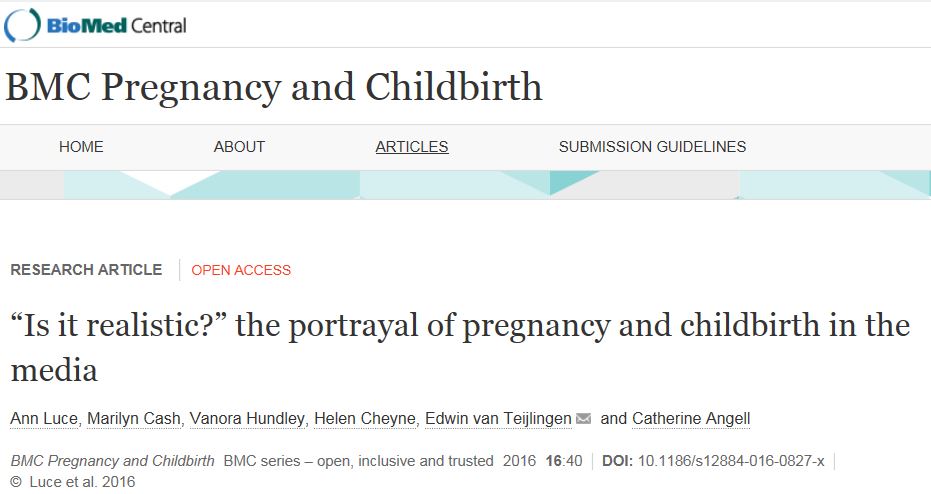 It is always nice to receive some good news just before Christmas. The journal BMC Pregnancy & Childbirth informed us that our paper ‘“Is it realistic?” the portrayal of pregnancy and childbirth in the media’ was in the top three most popular papers [1]. This interdisciplinary paper crosses the boundaries between the study of maternity care & midwifery, sociology of health & illness, and that of the media. With BU’s Dr. Ann Luce as first author, it is one of the top three accessed articles of nearly 400 articles published in 2016 (as of Dec 16th).
It is always nice to receive some good news just before Christmas. The journal BMC Pregnancy & Childbirth informed us that our paper ‘“Is it realistic?” the portrayal of pregnancy and childbirth in the media’ was in the top three most popular papers [1]. This interdisciplinary paper crosses the boundaries between the study of maternity care & midwifery, sociology of health & illness, and that of the media. With BU’s Dr. Ann Luce as first author, it is one of the top three accessed articles of nearly 400 articles published in 2016 (as of Dec 16th). 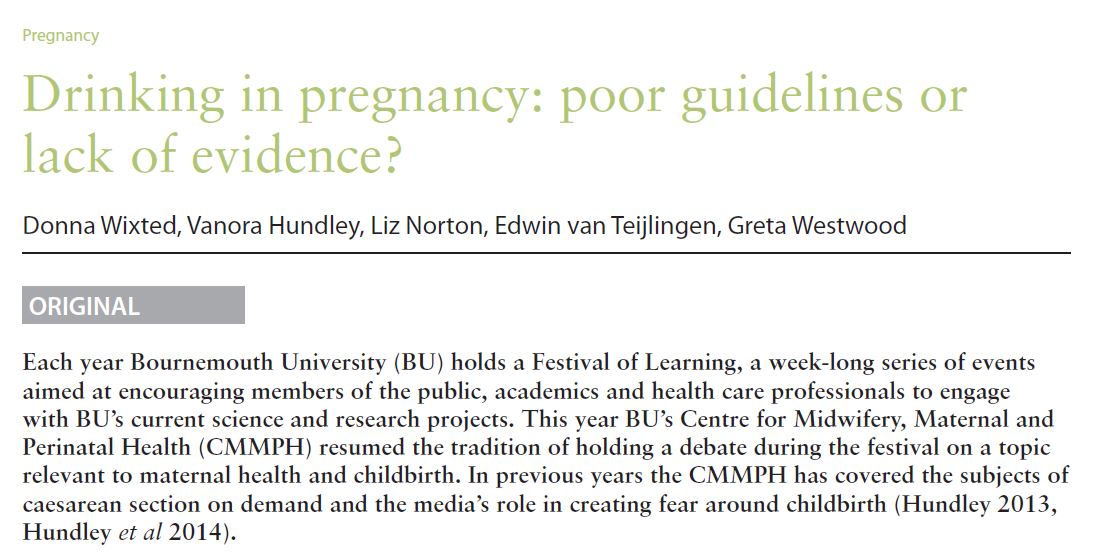
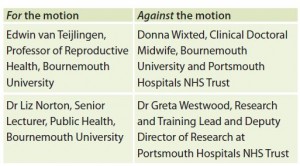
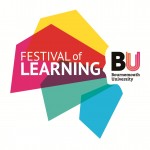

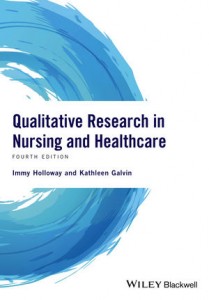
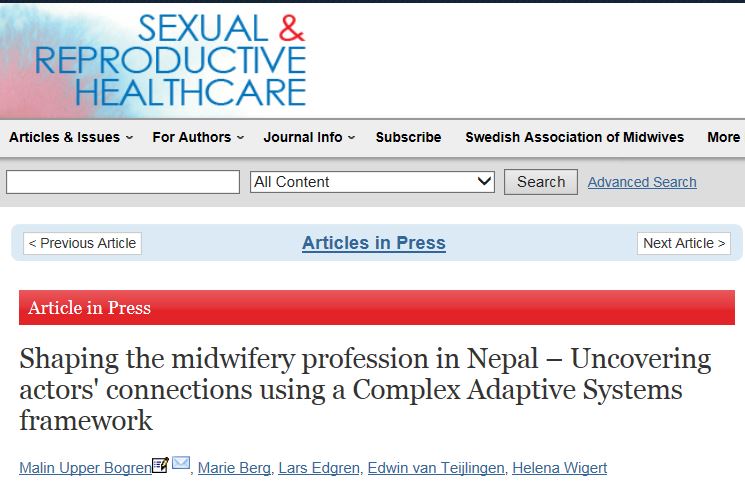
 Friday saw the launch of the
Friday saw the launch of the 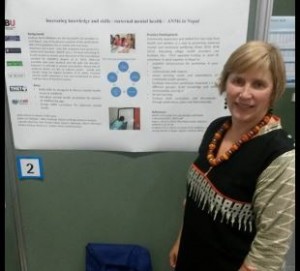
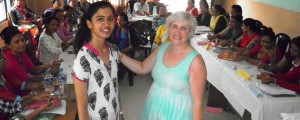
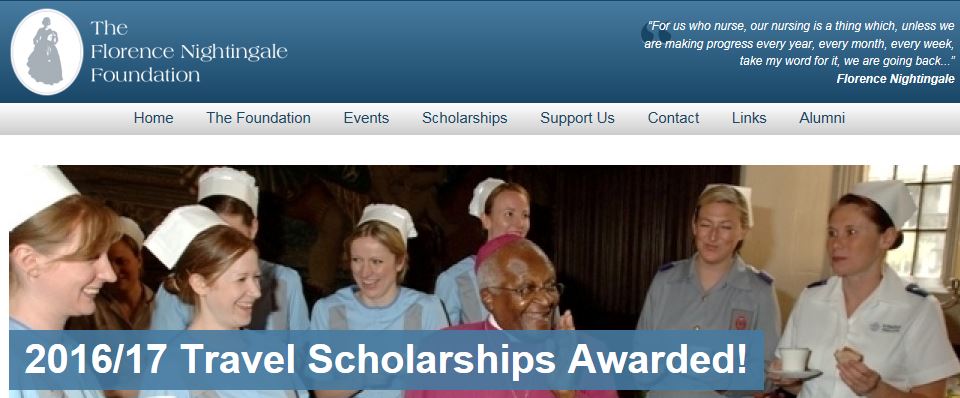




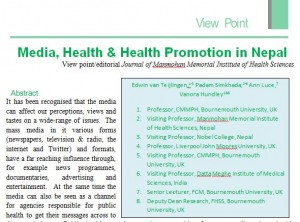

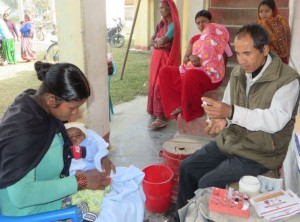
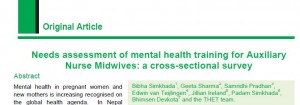

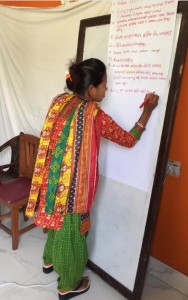
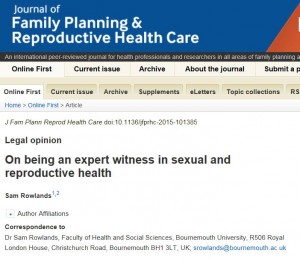
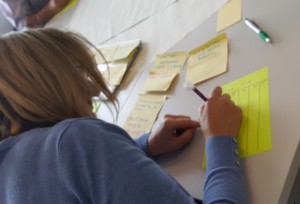


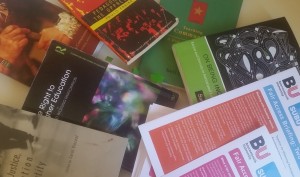
 From 12 September, the Centre for Excellence in Learning (CEL) is holding a photo exhibition in Poole House, next to the Cash Office. This exhibition is part of the ‘Students who bounce back’ project, a study funded by Bournemouth University’s Fair Access Agreement Management Group. The study is being conducted by researchers at CEL, in co-production with student carers*.
From 12 September, the Centre for Excellence in Learning (CEL) is holding a photo exhibition in Poole House, next to the Cash Office. This exhibition is part of the ‘Students who bounce back’ project, a study funded by Bournemouth University’s Fair Access Agreement Management Group. The study is being conducted by researchers at CEL, in co-production with student carers*.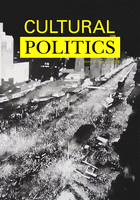











 Expand Your Impact: Collaboration and Networking Workshops for Researchers
Expand Your Impact: Collaboration and Networking Workshops for Researchers Visiting Prof. Sujan Marahatta presenting at BU
Visiting Prof. Sujan Marahatta presenting at BU 3C Event: Research Culture, Community & Can you Guess Who? Thursday 26 March 1-2pm
3C Event: Research Culture, Community & Can you Guess Who? Thursday 26 March 1-2pm UKCGE Recognised Research Supervision Programme: Deadline Approaching
UKCGE Recognised Research Supervision Programme: Deadline Approaching ECR Funding Open Call: Research Culture & Community Grant – Apply now
ECR Funding Open Call: Research Culture & Community Grant – Apply now ECR Funding Open Call: Research Culture & Community Grant – Application Deadline Friday 12 December
ECR Funding Open Call: Research Culture & Community Grant – Application Deadline Friday 12 December MSCA Postdoctoral Fellowships 2025 Call
MSCA Postdoctoral Fellowships 2025 Call ERC Advanced Grant 2025 Webinar
ERC Advanced Grant 2025 Webinar Update on UKRO services
Update on UKRO services European research project exploring use of ‘virtual twins’ to better manage metabolic associated fatty liver disease
European research project exploring use of ‘virtual twins’ to better manage metabolic associated fatty liver disease